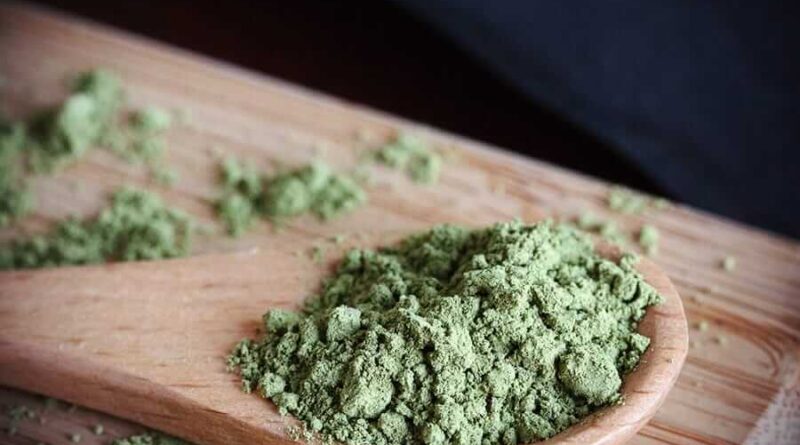How Can I Test The Quality Of Kratom?
When people buy Kratom online, they don’t know if it’s good. No easy answer. Why? Since not all online stores meet the quality standards of the market. There are no standard lab tests for Kratom because the US government does not regulate it.
Most quality checks are done by kratom dealers, who have the most to gain from the plant’s popularity. Buy OPMS kratom from a reputable internet store. Other GMP-certified shops, and we make sure that customers can enjoy Kratom. You can use these things to judge a kratom product. Poor-quality Kratom could be harmful to your health.
Kratom Background
Kratom is a tree from Thailand and Borneo that is related to coffee. Southeast Asians have long been interested in Kratom because of its strength and flexibility. Leaves make tea or gum. Smoothies, oats, applesauce, or anything else can cover up the bitter taste of kratom powder. All the veins in Kratom are healthy. There are good strains. Kratom’s versatility makes it fun. Take your time to find the right strain. Think about lab testing after choosing a strain or blend.
How Labs Test Kratom?
A Kratom product is tested in a third-party lab to ensure it is what it says it is and only has the ingredients listed on the label. A test in an independent lab proves that the Kratom in a product comes from the tree. In addition to mitragynine and 7-hydroxymitragynine, the lab checks for any other pollutants or heavy metals and the total amount of alkaloids.
Mitragynine in most Kratom products is less than 2%, and 7-hydroxymitragynine is even lower. Kratom is tested to see if it has dangerous organisms like mould, salmonella, or coliforms. Mercury, lead, nickel, and cadmium are all heavy metals that could be in Kratom that hasn’t been tested. All of these metals are bad for human health.
Third-Party Lab Testing: Why It Is So Important?
This word is often used in the field of holistic health. Evaluations from outside laboratories. Especially common in ads for products with cannabidiol (CBD). But there is no doubt that testing in a separate lab has its benefits.
Laboratory tests are often done on high-quality Mit 45 sold online by reputable vendors. This would eliminate a lot of shady producers and force everyone to buy from GMP-approved vendors who only sell the best Kratom.
What Things Should Kratom Not Contain?
Kratom is the leaves of a tropical tree that always stays green. Before the leaves are dried and ground into a powder, they are gathered. This is the process that companies use to make powdered or capsuled Kratom.
When Kratom is gotten honestly and processed as little as possible, it is likely to be free of chemicals that could be harmful. Even though Kratom is organic, it should still be checked out in a separate lab to ensure it is safe. There are risks when kratom products don’t have a way to check their quality.
So, the following SHOULD NOT be found in Kratom:
- There were very high amounts of lead, nickel, arsenic, cadmium, and mercury. We all know that getting a lot of heavy metals in our bodies is very bad for our health;
- Bacteria, fungi, yeast, and parasites include salmonella, listeria, and escherichia coli. Like toxic metals, you should avoid Kratom, which has microbes.
- Mitragynine or 7-hydroxymitragynine are abundant (abbreviated as 7-OH). Mitragynine is four times stronger than 7-OH, so there is more of it in natural Kratom (between 23.6 and 24.0 g/mg) than in 7-OH (114 to 134 ng/mg). Higher alkaloid levels suggest that the Kratom was changed in some way.
Can Low-Quality Kratom Affect Your Health?
Yes! Kratom leaves come from nature but are turned into powders, capsules, and other things. Heavy metals can get into Kratom when it is made using unsafe methods. Independent lab testing will find any dangerous byproducts of production in the final product.
Final Thoughts
Over the past few decades, lousy testing and making up results have hurt the relationship between buyers and sellers. Unfortunately, these reports have led some lawmakers to think that Kratom is dangerous and pass laws to protect the public. For Kratom to be legal in the United States, stores that sell it must test each batch carefully and treat their customers with complete honesty and openness.



